Cleomenes I: The Spartan Statesman and Military Leader
Introduction
Lieutenant-General Cleomenes I (reigned 235–228 BCE) was a significant figure in ancient Greek history, best known as the king of Sparta who led his city-state through periods of both prosperity and conflict during the tumultuous era following the height of the Peloponnesian War. Born into a family of notable lineage, Cleomenes ascended to the throne at an opportune moment when Sparta was navigating challenging political waters, facing threats both internal and external.
Early Life and Family Background
Cleomenes I was born around 260 BCE into the Eurypontid dynasty of Sparta, one of the two royal families of the city-state. His father was Agiathus, and he also had a sister named Euphaea, who played a significant role in politics during their brother's reign. Despite the nobility of his parentage, Cleomenes' early life offers few details; historians primarily rely on accounts from later texts, such as those of Polybius, Dionysius of Halicarnassus, and Pausanias, for insights into his youth.
Rise to Power
Cleomenes' accession to the throne in 235 BCE followed a period of political upheaval within the Spartan system. The last king of Sparta, Neoptolemus III, was overthrown by a coalition of nobles who sought a constitutional reform. This transition set the stage for Cleomenes' ascent. He capitalized on the political instability, leveraging his strong connections within the Spartiate class—male warriors who were full citizens—and his own military prowess, which had been honed through extensive training and experience.
Military Career and Achievements
One of Cleomenes' earliest and most notable accomplishments was his campaign against Megalopolis, a city founded after the Second Messenian War. Cleomenes laid siege to Megalopolis in 234 BCE, seeking to crush any potential rivals to Spartan dominance. Although initial battles were intense, Cleomenes' strategic brilliance soon became evident. By isolating Megalopolis from its allies and employing guerrilla warfare tactics, he weakened the city's defenses. After months of siege, the Megalopolitans surrendered, securing a significant victory for Sparta.
Reforms and Domestic Policies
Alongside his military campaigns, Cleomenes undertook several domestic reforms aimed at revitalizing Sparta's social and economic structures. One of his most notable reforms involved addressing the growing gap between Spartiates and Perioeci, the free non-Spartiates who lived in Sparta's territory. Cleomenes introduced a new law that granted citizenship to qualified Perioeci, thereby increasing the number of full Spartiates. This move was intended to bolster the militaristic backbone of the state by enlisting willing warriors from among those outside the traditional Sparta aristocracy.
Struggles and Challenges
Despite his initial successes, Cleomenes' reign faced numerous challenges. His aggressive policies towards Megalopolis did not go unchallenged, and the city eventually sought aid from other Greek states. The most significant of these challenges came from Argos, a powerful rival state to Sparta. Tensions escalated into open conflict, leading Cleomenes to initiate a series of incursions and counter-incursions across the Peloponnese. These conflicts were part of larger struggles for dominance in the region, pitting various Greek poleis against each other.
Foreign Relations and Alliances
In the realm of foreign relations, Cleomenes pursued strategies aimed at expanding Spartan influence without engaging in all-out war. He formed alliances with like-minded city-states and sought to leverage Greek unity against a common adversary. His diplomatic efforts were multifaceted, involving both direct engagement and support for allied causes. Notably, Cleomenes supported the Achaean League, an alliance of Greek city-states, and endeavored to strengthen bonds with cities sharing similar values and interests.
Conclusion of the First Part
Cleomenes I's reign marked a pivotal period for Sparta, characterized by military success, internal reforms, and a proactive approach to regional politics. His legacy is often seen through the lens of his military prowess and the far-reaching strategic decisions that shaped the geopolitical landscape of late Classical Greece. As we delve deeper into the second part of this article, we will explore more of Cleomenes' political machinations and the complex interplay of forces that defined his era.
Political Machinations and Internal Struggles
As Cleomenes navigated the turbulent political landscape of late 5th-century BCE Greece, he found himself embroiled in a web of internal conflicts and external alliances that tested his resolve and political acumen. The balance of power within and beyond Sparta was delicate, and Cleomenes had to carefully maintain it to preserve Spartan interests.
One of the key internal challenges Cleomenes faced was the resistance from the conservative elements within Sparta itself. These factions often favored maintaining strict traditions and were wary of reforms that could undermine the core values of the Spartiate society. Cleomenes, however, understood the necessity of modernizing to compete effectively with other city-states. He sought support among the broader Spartan population, particularly the hoplites who provided essential manpower during wartime.
The political infighting within Sparta continued throughout Cleomenes' reign. There were multiple factions vying for power, each with distinct ideologies and agendas. Cleomenes' cousin and possible rival, Agis IV, emerged as a significant political figure around 231 BCE. Agis was a proponent of a return to traditional Spartan ideals and was critical of many of Cleomenes' reforms. This tension between Cleomenes and Agis was a central dynamic of Spartan politics during this period.
Cleomenes' strategy was to play off these internal divisions and leverage them to his advantage. By demonstrating his ability to protect the city-state from external threats and to maintain a firm hand within Sparta, he managed to consolidate his position. Nonetheless, these internal struggles occasionally spilled over into public discourse and occasionally undermined his authority.
A major test of Cleomenes' political acumen came in the form of a rebellion in the Perioecic communities near Gythium, a coastal town associated with Sparta. These communities, previously granted citizenship, rebelled against the Sparta elite due to perceived neglect and abuse. Cleomenes responded decisively, suppressing the rebellion and reaffirming Spartan control over the region. This move solidified his leadership among the Spartan populace and furthered his image as a capable and decisive leader.
Conflict with Argos and the Achaean League
The period of Cleomenes' rule was notably marked by ongoing tensions and conflicts with other Greek city-states, chief among them, Argos. The rivalry between Sparta and Argos was longstanding and intensified during Cleomenes' reign. Both city-states sought to assert dominance over the Peloponnese, competing for territorial control and influence.
The immediate trigger for conflict was a dispute over the city of Tegea. Cleomenes believed Tegea should be under Spartan influence, while Argos saw it as their sphere of influence. In 232 BCE, Cleomenes led an expedition to Tegea with the intention of reasserting Spartan control. The intervention was swift and effective; Cleomenes and his army routed the Argives, securing Tegea for Sparta. This victory significantly raised the status of Cleomenes and bolstered his reputation as a formidable general.
The successful campaign against Tegea strained the relationship between Sparta and Argos even further. Argos, unable to tolerate Spartan expansion, sought help from other Greek city-states. The result was a series of skirmishes and small-scale wars throughout the Peloponnese as various city-states aligned either with Sparta or Argos. Cleomenes exploited these alliances, using diplomacy and military force to manipulate the balance of power.
The escalation of conflict with Argos also drew Cleomenes into the broader context of the Achaean League. The Achaean League was a confederation of Greek city-states in the northern and central Peloponnese. Cleomenes recognized the strategic importance of the league and sought to align with it to further his goals. However, this alliance was often fraught with conflict and distrust due to differing interpretations of shared interests.
Cleomenes' involvement with the Achaean League was marked by a series of cooperative yet tense episodes. In 234 BCE, he led a combined force of Sparta and the Achaean League against Epidaurus, a city-state allied with Argos. The campaign was successful, as the combined forces defeated the Epidaurians and effectively isolated them from their allies. This victory reinforced Cleomenes' position and the unity of the Spartan and Achaean League armies.
Legacy and Impact
The legacy of Cleomenes I is multifaceted, reflecting both the strength and complexity of his reign. While his military prowess and strategic acumen were undeniable, his attempts at political and social reforms sometimes met with resistance. His efforts to modernize Sparta and expand its influence in the Peloponnese contributed to the city-state's temporary resurgence. However, these changes also sowed seeds of discontent and internal conflict.
Cleomenes' campaigns against Megalopolis and Argos are remembered for their strategic brilliance and the extent to which they reshaped the political map of the region. His alliance with the Achaean League, though often contentious, nonetheless demonstrated his skill in navigating complex political and military landscapes. The impact of his actions was felt far beyond Sparta, influencing the course of Greek history and setting precedents for future leaders.
A crucial aspect of Cleomenes' legacy is his ability to adapt and evolve within a changing political environment. His willingness to innovate and embrace new ideas, despite resistance from traditionalists, reflects the challenges faced by leaders in a dynamic era of Greek history. Cleomenes' reign stands as a testament to the enduring pursuit of power and cultural transformation in 5th-century BCE Greece.
While his immediate successors would have their own challenges and controversies, Cleomenes' contributions to Spartan politics and military strategy laid the groundwork for the city-state's continued influence in the region. His reforms and campaigns reshaped the Spartan social and political fabric, leaving behind a legacy that is still discussed and analyzed by historians today.
Final Years and Legacy
The twilight years of Cleomenes I's reign were marked by a series of military expeditions and internal political strife that tested his resilience and authority. As his health began to decline and his contemporaries grew old, Cleomenes faced new challenges and renewed internal pressures that threatened to destabilize Sparta further.
One of the final campaigns of Cleomenes involved his invasion of Elis in 233 BCE. Elis was a prosperous city-state in the western Peloponnese, known for its Olympic Games and its strategic position along the Gulf of Corinth. Cleomenes sought to annex Elis, viewing it as a means to secure Sparta’s maritime interests and enhance its economic status. Initially, the expedition was successful. Cleomenes and his forces overwhelmed the Elisian army, capturing the city and imposing Spartan control. However, the occupation did not last long, and Cleomenes quickly withdrew his troops, likely recognizing the futility of prolonged engagement.
Shortly after returning to Sparta, Cleomenes' political situation within the city took a turn for the worse. A significant rebellion broke out among the Spartiates, which Cleomenes struggled to suppress. The exact details of this rebellion remain vague, but it appears to have been fueled by long-standing grievances among the elite, possibly related to Cleomenes’ reforms or his ambitious expansions. The rebellion culminated in a major uprising, during which Cleomenes himself was wounded in battle. Recognizing the threat to his life and reign, Cleomenes turned to his closest advisors for help.
With his health declining and his control over the Spartan army wavering, Cleomenes made one of his most audacious acts. In the autumn of 228 BCE, Cleomenes attempted an escape from Sparta. According to ancient sources, he and a small group of loyal followers disguised themselves as slaves and fled the city, hoping to find sanctuary elsewhere. However, their attempt was discovered before they could leave, and Cleomenes was arrested by his own people. The precise circumstances surrounding his arrest remain unclear, but it appears that he was betrayed by someone within his entourage.
After his capture, Cleomenes faced trial and was found guilty of a wide range of charges, including treason and undermining the state. Despite Cleomenes' valiant defense and appeal for mercy, he was sentenced to death. Tradition holds that Cleomenes chose a more dignified end, committing suicide rather than submitting to execution. His body was reportedly cremated, and his ashes were laid to rest on Mount Taygetus, the sacred mountain of Sparta.
Cleomenes' death marked the end of an era in Spartan history. His legacy, however, continued to be debated by historians and philosophers in the centuries that followed. Some viewed him as a visionary who tried to save Sparta from decay through bold reforms, while others criticized his autocratic rule and disregard for tradition.
Assessment and Impact
Historical figures often serve as mirrors, reflecting the challenges and opportunities of their times. Cleomenes I stands as a mirror to the complexities of governance in classical Greece, where traditional values clashed with emerging realities. His reign was a blend of innovation and conservatism, military valor and political machination. Through his actions, Cleomenes demonstrated the dual nature of leadership—both the necessity to defend tradition and the need to adapt to change.
One of the most lasting impacts of Cleomenes' reign was his influence on subsequent Spartan leaders and the concept of Spartan exceptionalism. His reforms, although controversial, provided a blueprint for future generations to consider. Agis IV, who succeeded Cleomenes, drew inspiration from Cleomenes' policies, albeit with his own unique approach. In essence, Cleomenes' legacy was a complex one, embodying both failure and success, and it continues to be a subject of scholarly debate.
Cleomenes' story also serves as a reminder of the human element in historical processes. His personal ambitions, failures, and ultimate fate offer insights into the nature of power and the intricate web of human relationships that shape historical outcomes. The historian Thucydides once wrote, "Men make history, and not the other way round." Cleomenes I is a quintessential example of this maxim, a pivotal character whose life and legacy have been scrutinized and interpreted for centuries.
In conclusion, Cleomenes I remains a crucial figure in the annals of Spartan history, his reign marked by both triumphs and tragedies. His story is one of a man driven by vision and ambition, navigating the tumultuous waters of a changing world. As scholars continue to study the complex layers of his life, Cleomenes I’s legacy endures, offering lessons about governance, leadership, and the enduring quest for power and purpose in ancient Greece.
The legacy of Cleomenes I extends beyond the borders of Sparta and the boundaries of time, continuing to captivate the imaginations of historians, politicians, and scholars alike. His life and reign are a testament to the enduring allure of history and the enduring relevance of the events and figures of the past.



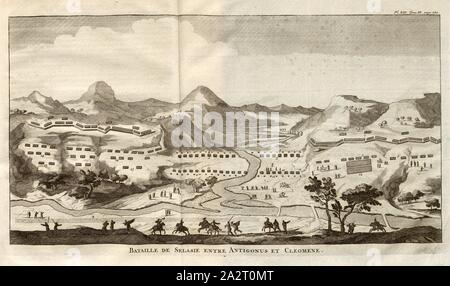


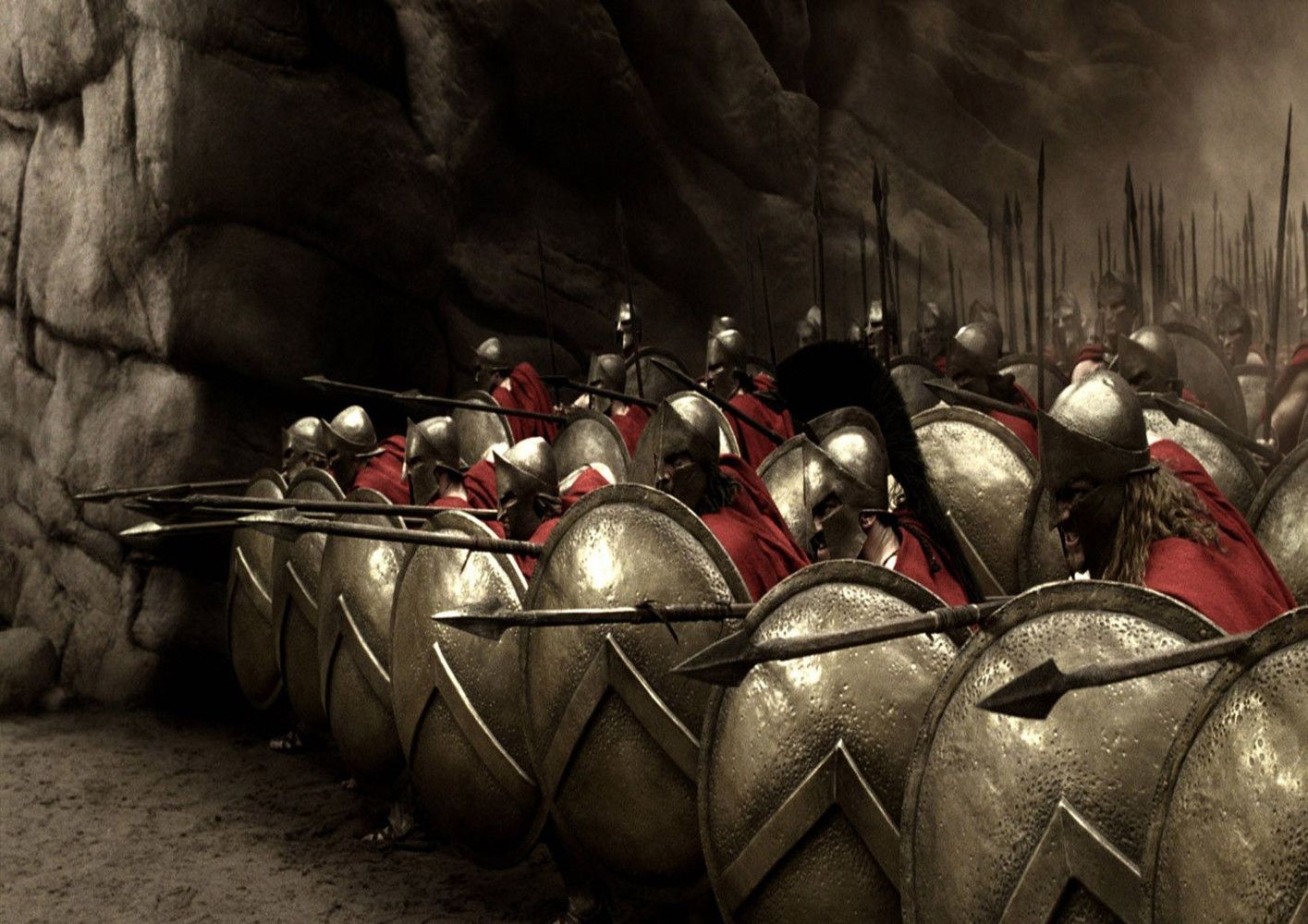



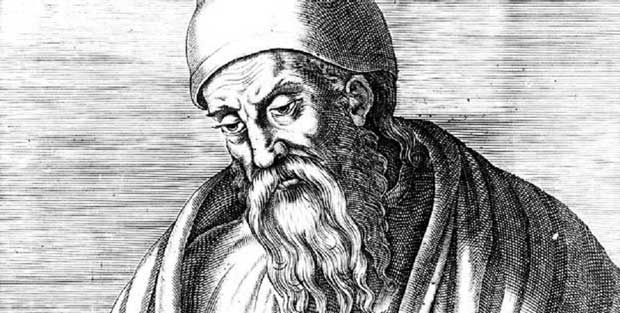



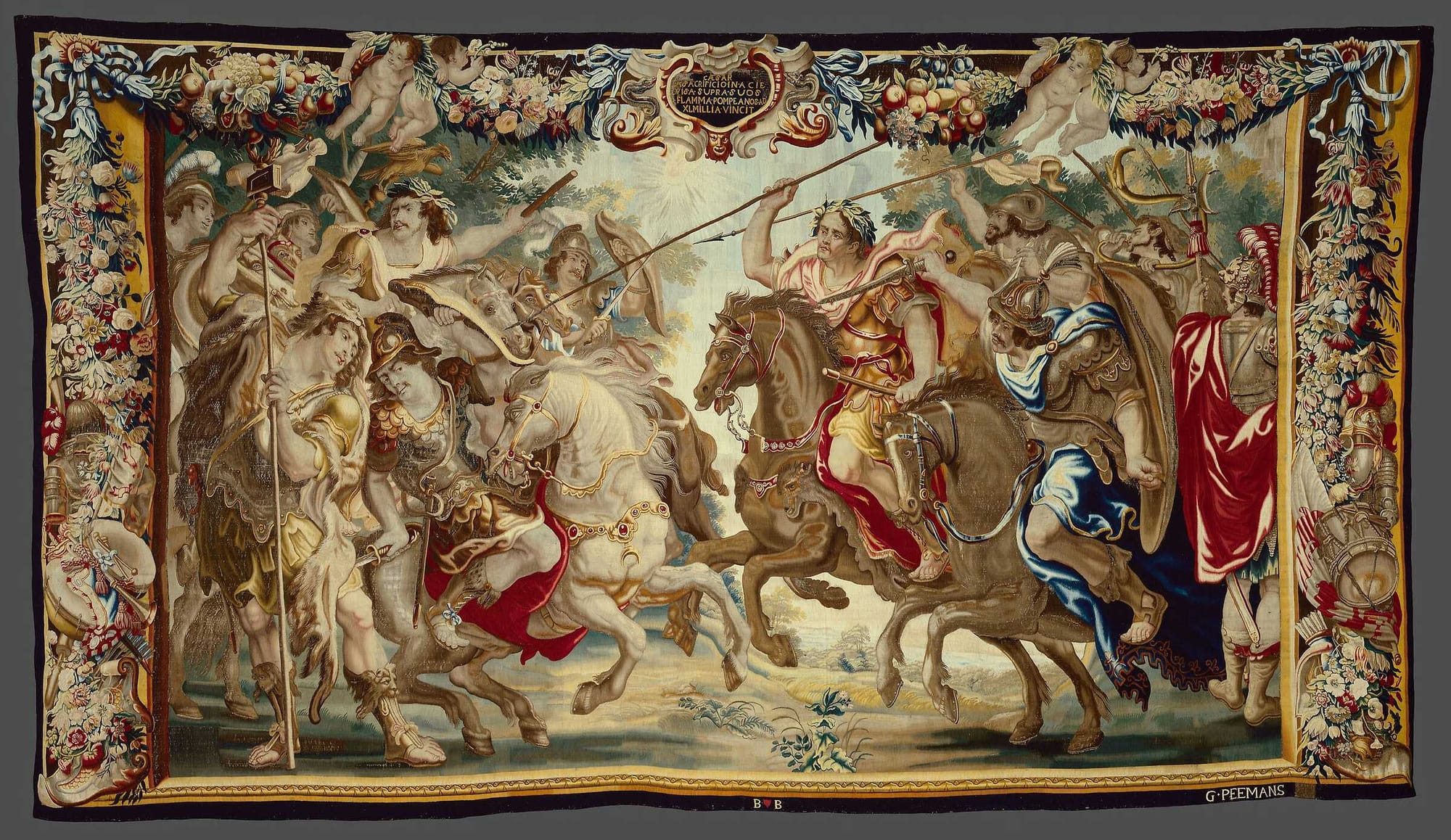

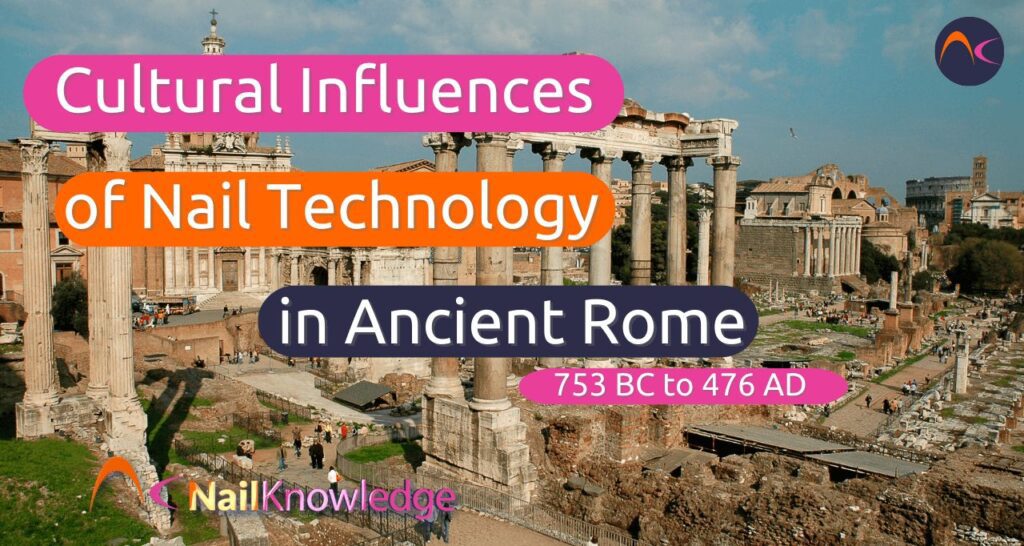









Comments